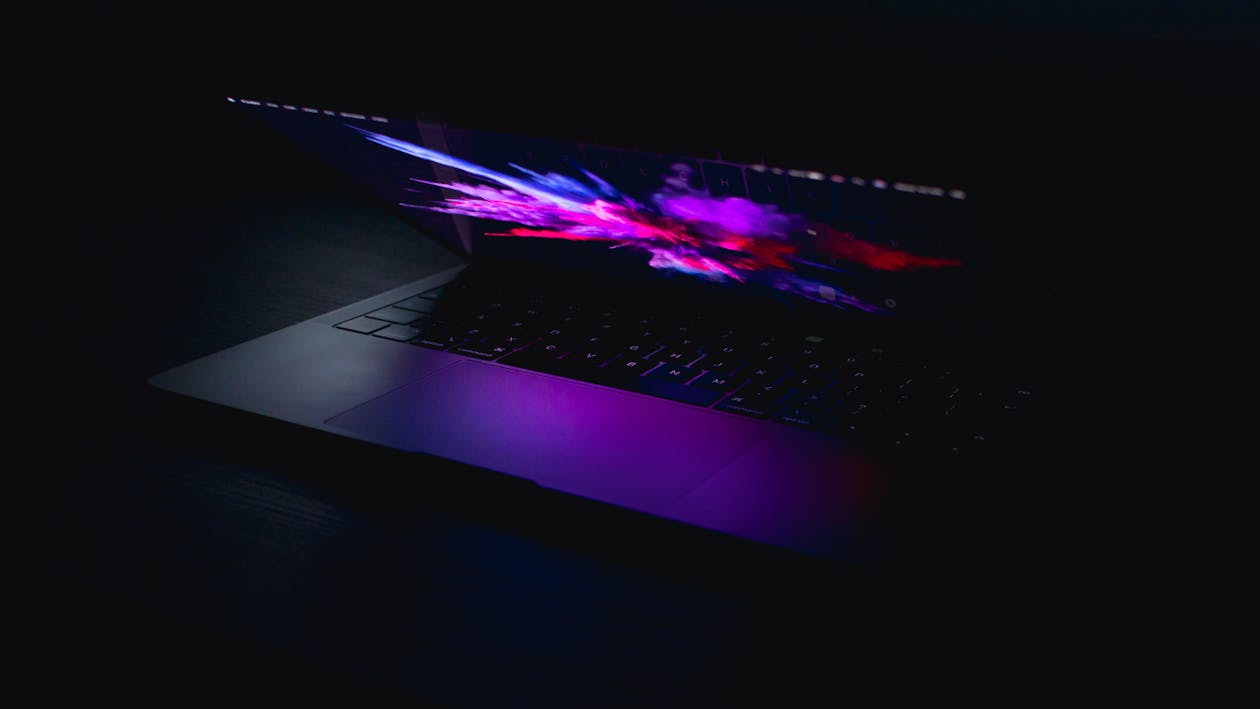 Photo by Vlada Karpovich from Pexels
Photo by Vlada Karpovich from Pexels
Apple’s latest macOS update, Sequoia, is causing a stir for all the wrong reasons, unleashing cybersecurity headaches across the board. Instead of delivering the promised new features, the update has compromised vital security tools and disrupted network functions, prompting urgent warnings from experts to steer clear of the installation for now.
The anticipated update was supposedly focused on serving new features, including iPhone Mirroring, updates to Safari, a new Passwords app, and upcoming Apple Intelligence features. Yet the company proceeded to release it on September 16, along with security issues that hit hard both individual users and organizations.
According to TechCrunch, third-party cybersecurity tools from companies like CrowdStrike, SentinelOne, and Microsoft have experienced severe functionality disruptions. CrowdStrike’s cybersecurity platform Falcon is not supported by Sequoia, while SentinelOne’s software has faced compatibility issues with MacBook Air models. Microsoft’s Defender for macOS has also encountered network connection problems.
Additionally, VPN services and productivity tools, such as Adobe Creative Cloud and Microsoft Office, have not yet been confirmed as compatible with the new OS. Educational tools like iClicker and Echo360 Universal Capture are also uncertain with compatibility, while certain printer drivers from manufacturers like Ricoh and Kyocera remain untested. As a result, institutions like Harvard are advising users to postpone the upgrade until further assessments can ensure the functionality of essential applications.

Patrick Wardle, founder of the macOS security startup DoubleYou, expressed his frustration with Apple’s handling of the update. “As a developer of macOS security tools, it’s incredibly frustrating to time and time again have to deal with upset users blaming your tools for breaking their Macs, when in reality it was Apple’s fault all along,” Wardle stated.
The core of the problem seems to lie in Sequoia’s new firewall, which is designed to enhance security on untrusted networks. Unfortunately, this has led to blocked DNS requests and other network disruptions, rendering several security tools ineffective.
For now, experts advise against upgrading to macOS Sequoia until Apple releases a fix. A CrowdStrike engineer mentioned in a Slack channel that the company is tracking feedback and preparing updates to mitigate the issues. “We’re acting under the assumption there won’t be a fast-follow patch from Apple, so we’ll need to fix it in our code,” the engineer stated.
SentinelOne has also issued warnings to its customers, advising them not to upgrade to Sequoia until a supported agent is available. ESET and Microsoft have recommended disabling certain macOS features or reinstalling their software to resolve network connectivity issues.
Apple has yet to respond publicly to these concerns, leaving many users and vendors in a state of limbo. While the company works on addressing these issues, users are encouraged to stay informed and cautious.



















